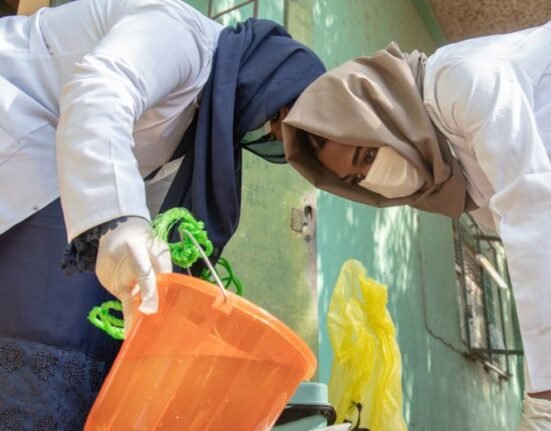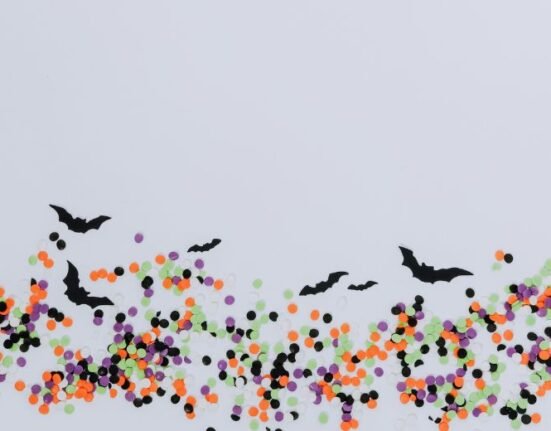HQ Team
May 17, 2024: More than 1,700 people have died globally due to cholera in the four months ended April amid a shortage of vaccines because of a rise in demand, according to the World Health Organization, which has classified the outbreak as an emergency.
A total of 145,900 cases of cholera has been reported to the World Health Organization between January 1, 2024, and 28 April 2024 from 24 countries across five WHO regions, according to a WHO statement. About 1,766 deaths have occurred in these countries.
The African Region recorded the highest numbers, followed by the Eastern Mediterranean Region, the Region of the Americas, the Southeast Asia Region, and the European Region.
No outbreaks were reported in the Western Pacific Region during the period, according to the statement.
Kills within hours
Cholera is an acute intestinal infection that spreads through food and water contaminated with the bacterium Vibrio cholera, often from faeces. With safe water and sanitation, cholera can be prevented. It can kill within hours when not treated, but immediate access to treatment saves lives.
“The response continues to be affected by a critical shortage of Oral Cholera Vaccines. Since January 2023, OCV requests have surged, with 82 million doses requested by 15 countries, nearly double the 46 million doses produced during this period.”
The global stockpile of vaccines was depleted by early March. As of May 6, 2024, the stockpile has 3.2 million doses, which is below the global stockpile target of five million doses.
WHO classified the global resurgence of cholera as a Grade 3 emergency in January 2023 — its highest internal level for emergencies.
Based on the number of outbreaks and their geographic expansion, alongside the shortage of vaccines and other resources, WHO re-assed the risk at the global level as very high and the event remains classified as a Grade 3 emergency.
Climate change
After decades of progress against cholera, cases are again on the rise, even in countries that have not seen the disease in years, according to the WHO.
While the triggers for cholera outbreaks—like poverty and conflict—are enduring, climate change and conflict are now compounding the problem. Extreme climate events like floods, cyclones and droughts reduce access to clean water and create an ideal environment for cholera to thrive.
In 2022, 44 countries reported cholera cases, a 25% increase from the 35 countries that reported cases in 2021. This trend continued into 2023.
The recent outbreaks have also been more deadly, with case fatality rates being the highest recorded in over a decade. This increase in outbreaks and cases is stretching the global capacity to respond.








